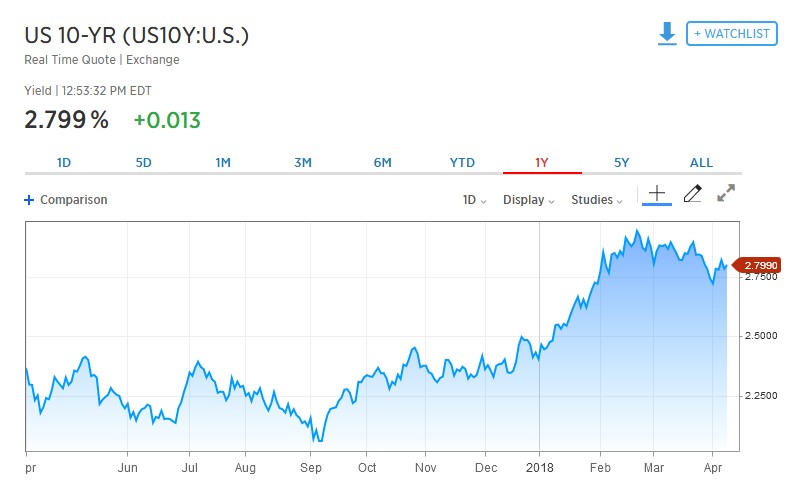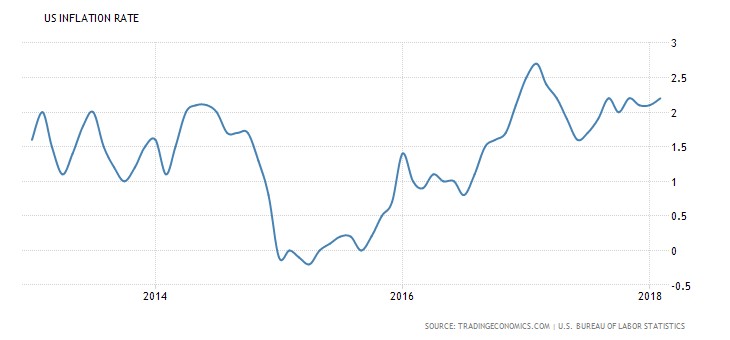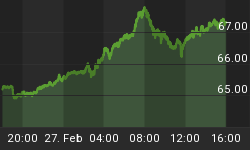The bond markets have been almost as choppy as the flailing S&P 500 and the Dow, which is something of an anomaly because bond prices tend to move counter to stock markets. But Morgan Stanley is taking a contrarian view, advising investors to load up on long-term Treasury notes in order to take advantage of the downturn in equity markets, low inflation and rising trade tensions.
Dow Jones vs. S&P 500 Year-to-Date Change

(Click to enlarge)
Source: CNN Money
Morgan Stanley’s bullish call on bonds might have been a tad premature, though.
Stocks were rallying hard in Tuesday trading just a day later, after President Trump and China's president Xi met and agreed to go easy on their trade war.
Xi promised to lower China's retaliatory tariffs on a range of U.S. products including cars as well as other measures to open up the world's second-largest economy.
Before that meeting, Morgan Stanley had been expecting the increasingly protectionist tilt and looming trade war to light a fire under long-term bonds. But right now, that catalyst seems to be off the table.
But Morgan Stanley isn’t the only analyst group that’s gone bullish on bonds.
A couple of weeks ago, DoubleLine Capital's Jeffrey Gundlach, aka the Bond King, predicted that the 9-year bull, the second-longest in stock market history, would finally come to an end when the 10-year Treasury note yield hit 3%.
Related: The Biggest Threat To Chinese Oil Futures
The government debt benchmark is within 0.20 percentage points of Gundlach's target though it seems to need extra impetus to notch higher. Yields on the 10-year note hit a 4-year high in February but have not tested that level since.

(Click to enlarge)
Source:CNBC
Moderately rising inflation and interest rates are not very bullish on bond yields.
Investors tend to shift their money to higher-yield investments when inflation is running amok.
An inflation scare in February caused a market brief market correction before the selloff subsided.
Recent consumer price index data, however, showed headline inflation running at just a 2.2 percent clip, in-line with recent trends.

(Click to enlarge)
Source: TradingEconomics
International Bonds Might Be Worth The Trouble
Morgan Stanley had two more recommendations for investors: Buy longer-maturity European bonds and dial back on Japanese bonds.
Foreign bonds have been the best-performing bonds over the past one year with double-digit returns. The trend has carried over to the current year, with international bonds in the green, with the exception of emerging market bonds. U.S. government bonds, municipal bonds and corporate bonds are all in the red.
Related: Good News For Gold Bulls Despite Interest Rate Hike
As for Japanese bonds, good luck trying to get your hands on them. The Bank of Japan apparently went overboard with its anti-deflationary measures and now owns 80 percent of those bonds and also controls the yield curve to keep the 10-year note yield around 0 percent. Traders have now turned to the country's bond futures instead.
There are pockets of value still to be found in the U.S. bond market, though.
The Fidelity Floating Rate High Income bond yields ~4.15 percent, while Goldman Sachs CPI floater (CUSIP 38147QPN0) with August 30, 2023 maturity presently has a 3.5-percent yield and is designed to reset monthly as the CPI increases.
By Tom Kool for Safehaven.com
More Top Reads From Safehaven.com:
















